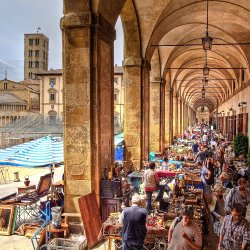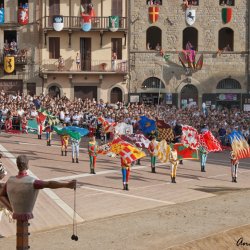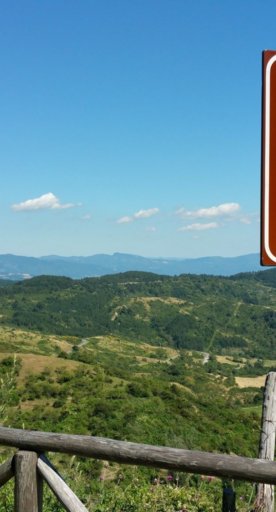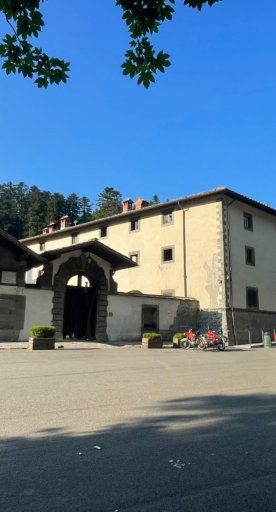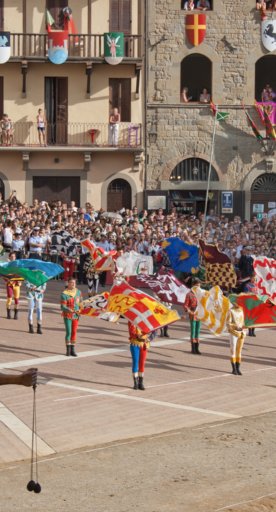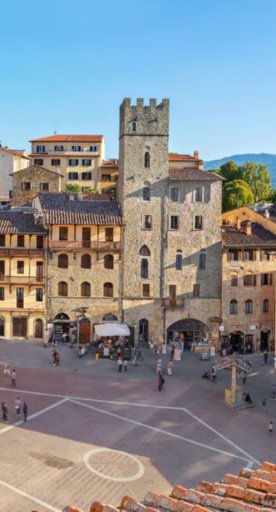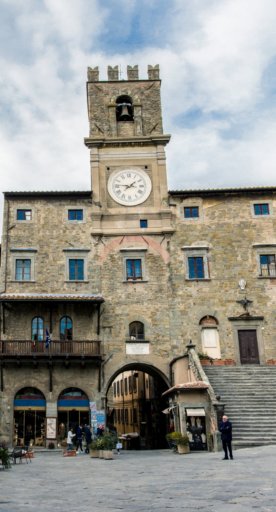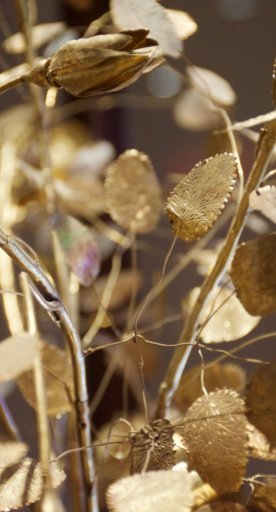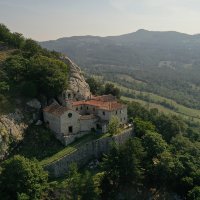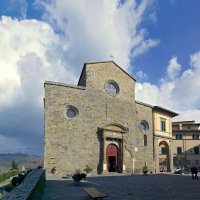

6 Tuscan parks ideal for trekking
A slow journey in nature to discover the faces of the area
Tuscany is a land of art and history. A large part of the region’s worldwide fame undoubtedly comes from its artistic and cultural treasures, but Tuscany also has perhaps some of the most famous Italian natural landscapes. Obviously there are the Chianti hills and the light undulations of the Siena territory, but these represent only some of the many faces of Tuscan nature.
To get to know this beauty, the best way to visit is to take a leisurely hike through three national and three regional Tuscan parks. More than a guide, see this article as an invitation to travel: an overview of suggestions and ideas to arouse curiosity and a desire to go and discover.
-
1.Appennino Tosco-Emiliano National Park
-
2.Foreste Casentinesi National Park
-
3.Arcipelago Toscano National Park
-
4.Apuan Alps Park
-
5.Migliarino, San Rossore and Massaciuccoli Park
-
6.Maremma Park
Appennino Tosco-Emiliano National Park
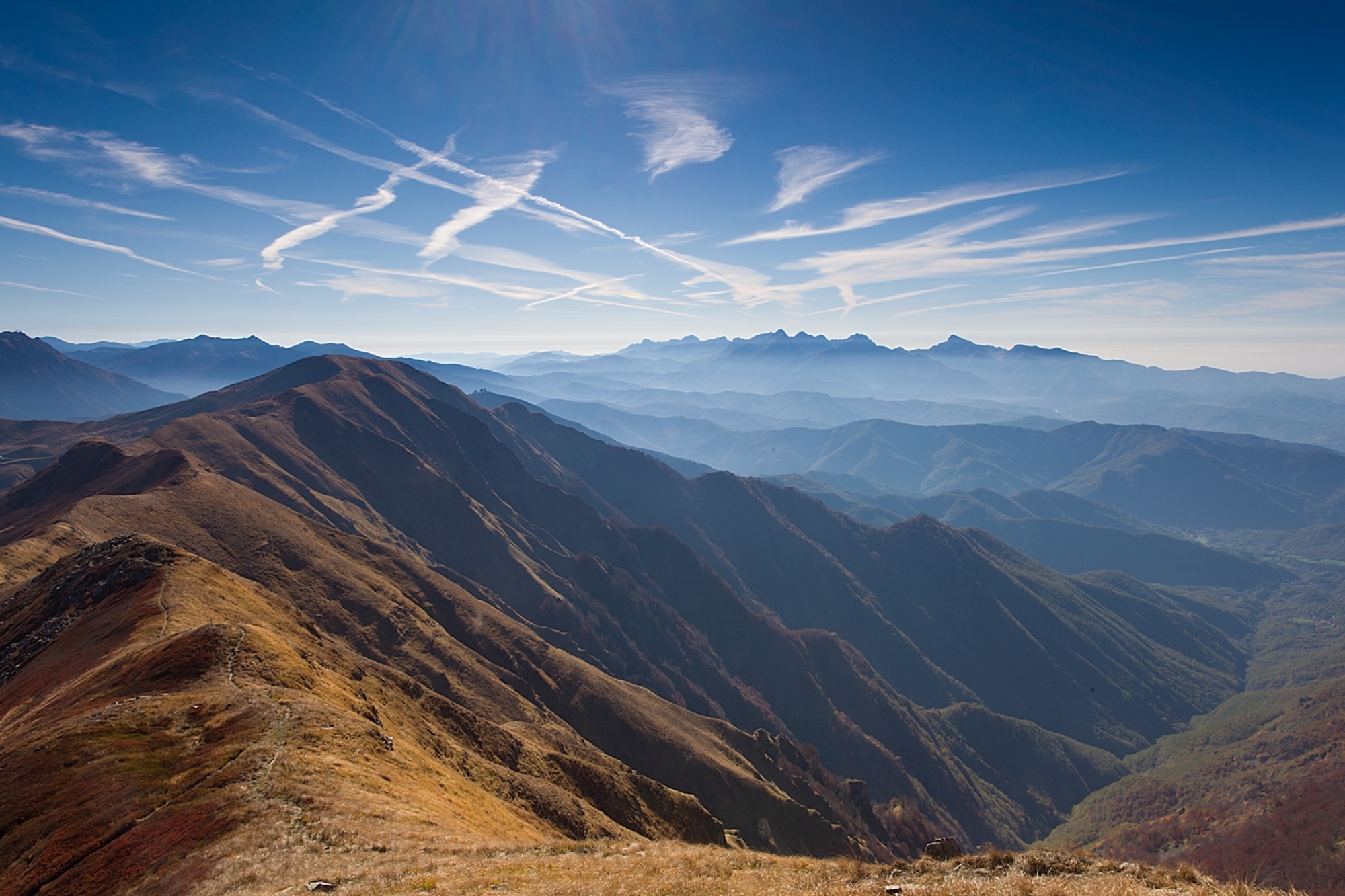
We’re starting with the Appennino Tosco-Emiliano National Park. It is sometimes called the "park of giants" because there are some of the highest peaks of the northern Apennines here. Their outlines are vast, softened and bent by the years, with gentle, ridge paths, hovering between two regions (at one point even two states) and two worlds: The Po valley to the north-east and the Mediterranean to the south-west.
Walking on these mountains requires crossing historic paths: those of salt and pilgrims, as well as the army, as battles took place many times on the Apennine borders; the last one happened only a few decades ago, with some of the bloodiest battles of the Second World War taking place here.
Hiking through the trails of the Apennines means you will find an everyday reality in many aspects still linked to ancient traditions, very different to the “urban” one which we are used to, but just as real and vital.
Foreste Casentinesi National Park
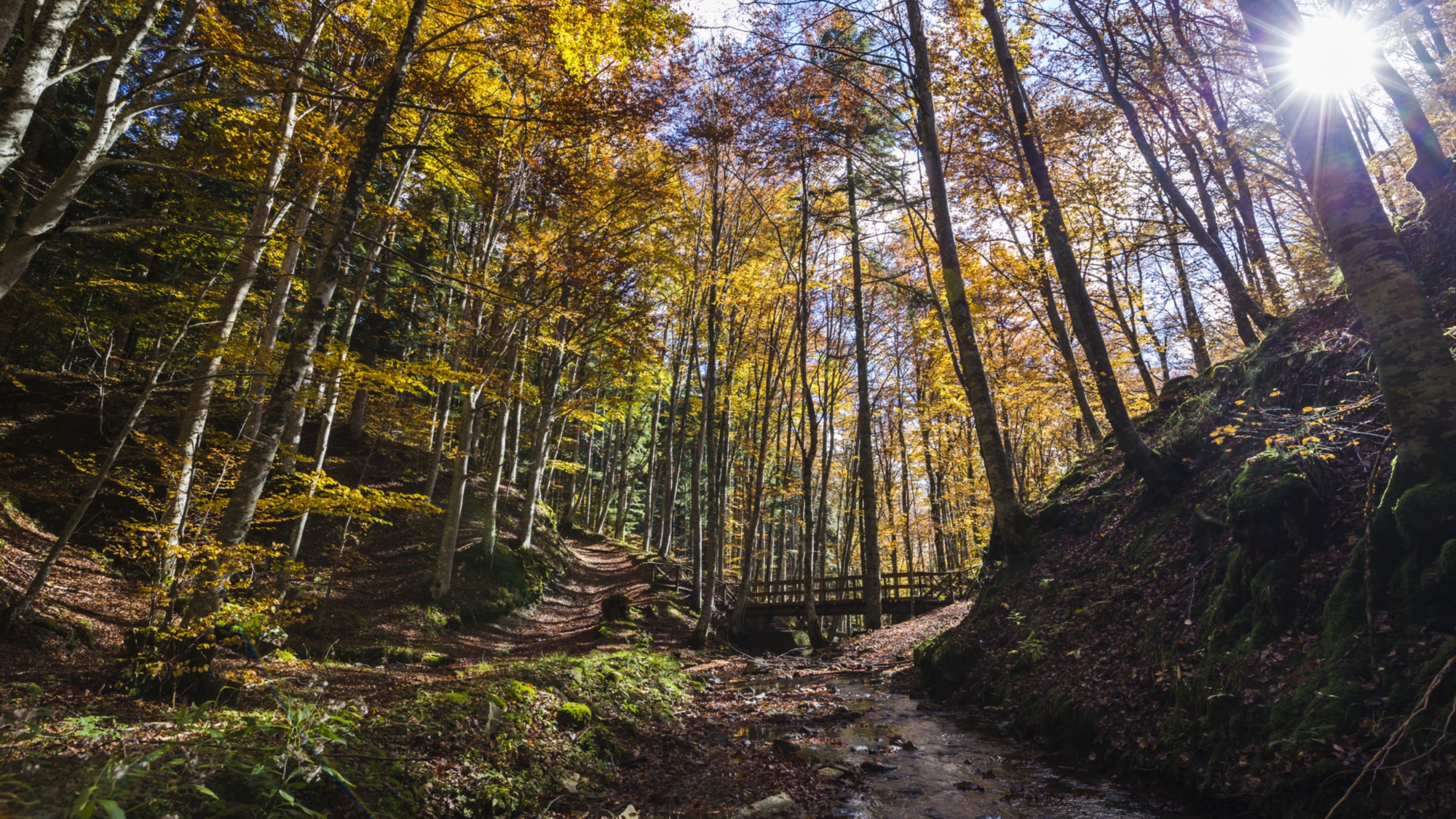
The defining feature of the Foreste Casentinesi National Park, as well as the nature, is its spirituality. Also known as "the park of holy forests", the name masterfully sums up, in just a few words, all of the splendour of the area. Once again, the best of the park is reached on foot.
The ancient hermitages of the park area, like Camaldoli, are peaceful and introspective islands, scattered and at the same time protected in the greenery that surrounds them. You get here by walking along the great trees of the forest on a physical and historically significant path. Treading their same tracks and stopping in the shades of the same braches that they did, maybe you can better understand the reasons and lure of beauty and spirit which brought monks and hermits here.
Arcipelago Toscano National Park

As with the Casentino forests and their green nature, the blue sea is the outstanding feature of the Arcipelago Toscano National Park. However, this is the Mediterranean, or rather the Tyrrhenian Sea, a sea to sail and not to walk. To discover the soul of this area hikers must approach it “in negative,” exploring not what is in the water, but what was born from it.
The seven islands in the Tuscan Archipelago have their stories written in the rocks (from the granite of Monte Capanne, on Elba, to Capraia Island and the limestone of Giannutri) and walking along the trails is like scrolling through the lines of a text. The sense of the story, however, is only understood by looking at that silent stretch of water from which these hills of earth have arisen.
Apuan Alps Park

The heart of the Apuan Alps Park lays in the rocks. People have bitten into it as though it were bread. Hard and indigestible bread, which has fattened few and made so many overcome difficulties. From the exhaustion and sweat of generations of Apuan miners and masons, the beauty of immortal works of art are brought to the world, carrying an ancestral instinct to fight injustice.
Walking through these trails you will experience vertigo from the beauty and pits of destruction, the spirit of freedom, ghosts of anarchy and the shame of revenge. Do not judge the Apuan contradictions, at least not immediately. Walk around first, explore the area. There are centuries of history to understand and a whole world of mountains, woods and rocks to breathe in.
Migliarino, San Rossore and Massaciuccoli Park

The charm of the Migliarino, San Rossore and Massaciuccoli Park comes from its position between land and water, pristine and hand-crafted nature. A delicate and moving harmony.
Those who walk along the banks of the lake or on the paths suspended above the swamp can experience two challenges. One with regards to sight: will you be able to see the infinite variety of species that inhabit the park among the light and shade of the reeds? The other with regards to hearing: in the chaotic clamour of calls, rustling and croaking, perhaps only those with a good ear will be able to make out the subtle melody that Giacomo Puccini, in his house on the shores of the lake, wanted to listen to for his whole life and which definitely inspired some of his most beautiful works.
Maremma Park

Tuscan nature is both a legend and an unsettling, wild mystery. The Maremma is the place that quintessentially evokes all these sensations. Today the peaks of the Uccellina mountains and the swamps which stretch below, easy to see from a car window, no longer arouse the awe they once did. However, take a walk to immerse yourself among the paths of the Maremma Regional Park, among the Mediterranean scrub and the pungent shrubs of the scrubland, which flower into a myriad of orchids in spring.

